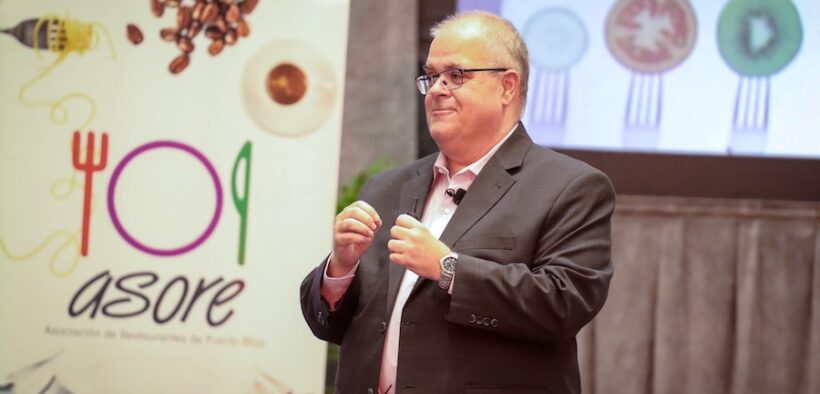Study: Despite tighter budgets, dining out central to Puerto Rican life

In an increasingly uncertain economy, where consumers are tightening budgets and examining every purchase more carefully, a new study commissioned by the Puerto Rico Restaurant Association (Asore, in Spanish) confirms that restaurants remain an essential part of Puerto Ricans’ lifestyle.
The Asore Trends Study (EAT, in Spanish) 2025, based on interviews with 1,000 consumers across the island, shows that restaurant use has not declined but evolved. Today’s consumers are more conscious, selective and demanding. Beyond food, they value the overall experience, the opportunity to share with others and the sense of belonging that comes from dining out.
“This study confirms what we all know and feel — that most consumers have tighter budgets and face challenges in meeting financial obligations. Despite this, they continue to prioritize dining at restaurants,” said José Alfonso, president of The Research Office, which conducted the study. “The difference is that consumers have not abandoned the category but now expect greater value, better service and more rewarding experiences for every dollar spent. Restaurants satisfy not only the need to eat but also the need to connect socially and emotionally.”
One of the key findings of EAT 2025 is that convenience has become a defining factor. For many, a restaurant visit “not only solves a meal” but also provides a space to spend time with family, meet friends or unwind from daily routines.
“Consumers do not see restaurants as a luxury but as part of their routine — a way to share, socialize and disconnect. For many, it’s almost a necessity,” said Asore President Carlos Budet. “As an industry, we must respond with a clear value proposition that focuses on quality, service and aligning with consumer expectations.”
Ninety percent of respondents said promotions, specials and offers influence their restaurant choices, showing that perceived value depends not only on price but also on the quality of the experience. More than half said they would dine out more often if they had greater financial flexibility — the highest level since the study began.
Cleanliness, friendly service and reasonable wait times were cited as the top factors influencing repeat visits. Four out of five consumers view restaurants as an essential part of their lifestyle. Quick-service restaurants average 7.6 visits per month, while bakeries reach 9.9.
The study also reported increased use of delivery services, with 47% of participants saying they used one within the past three months. Overall satisfaction remains high, with nine in 10 consumers expressing satisfaction with their restaurant experiences.
Asore said it remains committed to supporting Puerto Rico’s food service sector through research that helps understand consumers, adapt to new expectations and strengthen restaurants’ role in the island’s economy and social life.












